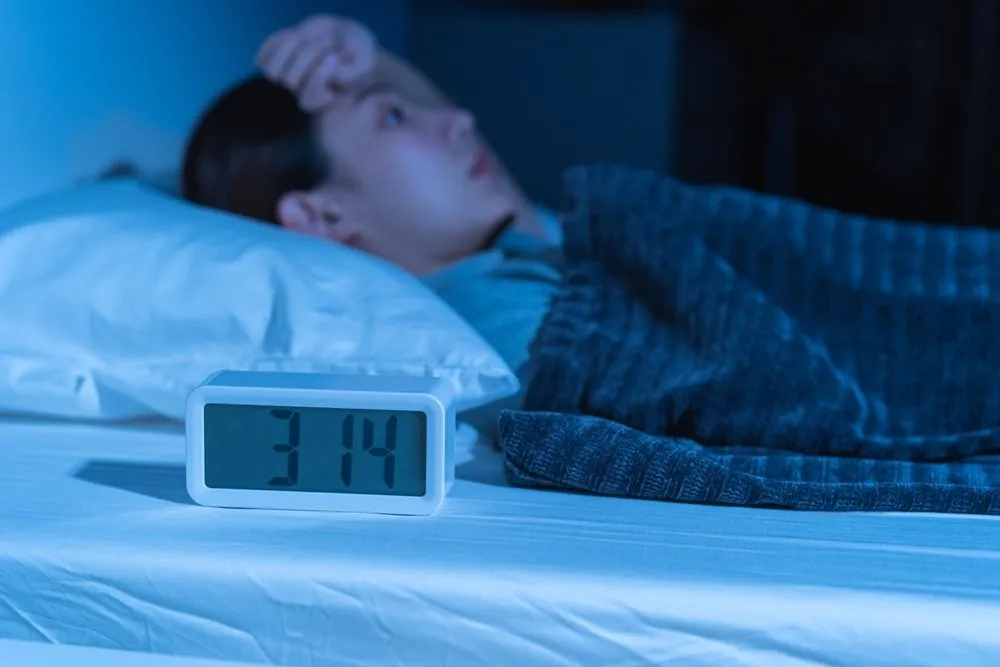Sleep disorders can significantly affect a person’s overall health, productivity, and quality of life. Individuals living with sleep-related issues may benefit from seeking initial evaluation and support and booking regular follow-ups with a sleep specialist for successful, long-term management. Here is more information on what sleep specialists are, their services, the conditions they address, the common causes and symptoms of sleep disorders, and the value of ongoing follow-up appointments:
What Are Sleep Specialists?
Sleep specialists are medical professionals trained in diagnosing and treating disorders related to sleep and wakefulness. They may be physicians board-certified in sleep medicine or accredited allied health professionals with focused expertise in sleep science. Their training encompasses neurology, pulmonology, psychiatry, internal medicine, or otolaryngology, providing a comprehensive approach to complex sleep issues.
What Services Do They Offer?
Sleep specialists offer a range of diagnostic and therapeutic services. Initial consultations typically include in-depth patient interviews, review of medical history, and assessment tools such as sleep diaries or validated questionnaires. They may conduct or interpret overnight sleep studies such as polysomnography or home-based sleep monitoring. Treatment options may include behavioral therapy, lifestyle modification counseling, prescription management, and education on the use of medical devices like CPAP machines.
What Conditions Do They Treat?
Sleep specialists treat a variety of sleep disorders, ranging from common conditions to less prevalent but impactful issues. Treatment is tailored to the specific disorder and how it affects daily life. Here are some conditions they manage:
- Insomnia
- Snoring
- Sleep apnea
- Restless leg syndrome (RLS)
- Narcolepsy
- Sleep deprivation caused by lifestyle or medical factors
- Upper airway resistance syndrome (UARS)
What Are the Causes and Symptoms?
Sleep disorders can have various underlying causes. These include anatomical factors such as airway obstruction and neurological conditions affecting arousal and sleep regulation. Psychiatric conditions, medications, lifestyle and behavioral influences, and genetic predispositions may also play a role.
Symptoms vary by disorder. Common symptoms include excessive daytime sleepiness, difficulty falling or staying asleep, loud snoring, unusual movements during sleep, morning headaches, and impaired daytime concentration. Early identification of these symptoms may lead to more effective management.
Why Are Regular Follow-Ups Beneficial?
Regular follow-up visits with a sleep specialist are beneficial for symptom management. Sleep disorders are often chronic or evolving, requiring ongoing assessment to monitor symptoms and evaluate treatment effectiveness. Changes in health status, daily routines, or environment may necessitate therapy adjustments.
Continuous follow-ups allow early identification of treatment side effects, device-related issues, or emerging comorbidities. Non-adherence to therapy or lifestyle modifications is common, and regular appointments provide an opportunity to reinforce education, troubleshoot barriers, and support patient success. They also enable periodic screening for additional or overlapping sleep concerns, which may only become evident later in the disease course.
Schedule a Follow-Up Today
Sleep disorders are highly manageable with modern approaches, yet success may depend on ongoing collaboration with a qualified sleep specialist. Regular follow-ups support care by adapting treatment to individual needs, monitoring progress, and addressing new concerns as they arise. If you have been diagnosed with a sleep disorder or continue to experience symptoms, schedule an appointment with a specialist. Consistent, targeted care is key for improved sleep health and long-term outcomes.

Leave a Reply